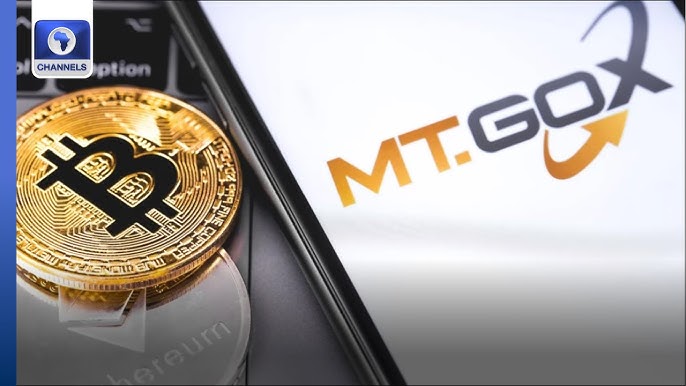
Bitcoin markets are experiencing renewed volatility as wallets linked to the now-defunct cryptocurrency exchange Mt. Gox moved around $2.19 billion in Bitcoin. This development has stirred market concerns, with analysts speculating that the transfer could increase selling pressure on the flagship cryptocurrency.
On-chain analysis firm Spot On Chain reported that Mt. Gox moved 31,371 BTC, valued at approximately $2.19 billion, across three new wallets. Over the past four days, total transfers have reached 32,871 BTC, worth around $2.22 billion. Some of these funds were transferred to popular cryptocurrency exchanges, including B2C2 and OKX, while a portion—12,006 BTC valued at about $810 million—remains in Mt. Gox-linked wallets.
This significant movement in Bitcoin holdings marks a potential turning point in the long-standing Mt. Gox case. Once the largest cryptocurrency exchange globally, Mt. Gox collapsed in 2014 following a massive hack. Since then, creditors have awaited restitution, enduring multiple delays as the trustee overseeing Mt. Gox’s assets works toward repayment.
In a recent update, the trustee announced yet another delay in distributing funds to creditors, pushing the repayment deadline to October 31, 2025. The delay has further frustrated creditors, who have already waited nearly a decade. According to data from Arkham Intelligence, Mt. Gox-linked wallets still hold approximately 44,900 BTC, worth an estimated $2.8 billion.
This recent transfer from Mt. Gox wallets has sparked concern over potential selling pressure on the Bitcoin market, particularly given that the repayments have only just begun. The transfer activity raises questions about market stability as the remaining BTC could enter circulation, impacting Bitcoin’s price in the process.
The delay in repayment has been attributed to procedural issues faced by creditors. Many have not yet completed the necessary steps to receive their payments, and various challenges have slowed the distribution. The trustee’s statement indicates that more time is needed to resolve these issues, extending the wait for many creditors.
At the same time, Bitcoin is gaining attention from institutional investors. In a recent move, Florida’s Chief Financial Officer, Jimmy Patronis, called for the State Board of Administration (SBA) to explore the potential of investing part of Florida’s state retirement funds in Bitcoin. This proposal signals growing interest from public institutions, even as market volatility remains a concern.
The combination of Mt. Gox’s massive Bitcoin transfer and increasing institutional interest highlights the dual forces shaping Bitcoin’s future. On one side, fears of sudden selling pressure loom, while on the other, institutional adoption suggests long-term growth potential.
For cryptocurrency markets, the Mt. Gox situation serves as a reminder of the challenges tied to unresolved claims and the possible market impact when large assets are reintroduced. For now, all eyes are on the BTC movement from Mt. Gox wallets and how it may influence Bitcoin’s trajectory.
As the 2024-25 market unfolds, investors will continue to monitor these developments, balancing concerns over market stability with optimism for cryptocurrency’s expanding institutional support. The evolving Mt. Gox case underscores the complexity of managing large Bitcoin transfers while maintaining market confidence.